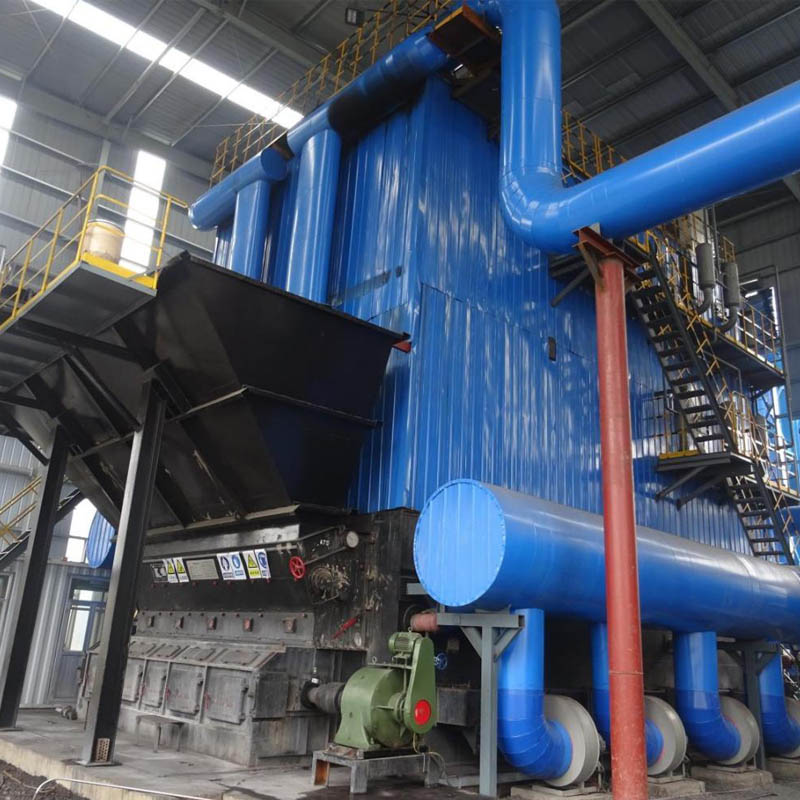
Aug . 30, 2024 19:39 Back to list
steam boiler thermostat
Understanding Steam Boiler Thermostats
Steam boilers play a crucial role in various industries and residential applications, providing efficient heating and energy solutions. A key component of a steam boiler system is the thermostat, which is vital for regulating temperature, ensuring efficiency, and enhancing safety. In this article, we will explore the functions and importance of steam boiler thermostats.
A thermostat acts as a temperature control device that maintains the desired temperature within the boiler system. When the temperature drops below a preset level, the thermostat sends a signal to the boiler to activate heating. Conversely, when the desired temperature is reached, it turns off the heating element. This process helps maintain a stable temperature throughout the heating cycle, ensuring optimal performance.
One primary advantage of using a thermostat in a steam boiler system is energy efficiency. By maintaining the appropriate temperature, the thermostat reduces unnecessary energy consumption. This is particularly important in commercial settings, where operational costs can be significantly impacted by energy usage. A well-regulated boiler not only saves on fuel costs but also minimizes wear and tear on the equipment, leading to longer operational life and reduced maintenance expenses.
steam boiler thermostat

In addition to energy savings, steam boiler thermostats enhance safety. Boilers operate under high pressure and temperature conditions, making it crucial to prevent overheating. A malfunctioning thermostat can lead to dangerous situations, including system failures or explosions. Modern thermostats are designed with safety features such as automatic shut-off mechanisms, ensuring that the system ceases operation if temperatures exceed safe thresholds.
There are various types of thermostats used in steam boilers, including mechanical, electronic, and programmable models. Mechanical thermostats operate through physical movement, while electronic thermostats use sensors for more precise temperature readings. Programmable thermostats allow users to set different temperatures for specific times of the day, providing convenience and additional energy savings.
Regular maintenance is essential to ensure that the thermostat functions correctly. This includes checking for calibration accuracy and inspecting connections for wear or damage. Neglecting the thermostat can lead to inefficiencies, increased energy costs, and potential safety hazards. Therefore, regular servicing by qualified technicians is recommended.
In conclusion, steam boiler thermostats are essential for efficient and safe operation. They regulate temperatures, conserve energy, and enhance overall system performance. By understanding the role of thermostats and prioritizing their maintenance, users can ensure reliable heating solutions for various applications. As technology advances, the development of smarter, more efficient thermostat systems will continue to improve the reliability and efficiency of steam boilers in various settings.
-
High-Efficiency Commercial Oil Fired Steam Boiler for Industry
NewsJul.30,2025
-
High-Efficiency Biomass Fired Thermal Oil Boiler Solutions
NewsJul.30,2025
-
High Efficiency Gas Fired Thermal Oil Boiler for Industrial Heating
NewsJul.29,2025
-
High-Efficiency Gas Fired Hot Water Boiler for Sale – Reliable & Affordable
NewsJul.29,2025
-
High Efficiency Biomass Fired Hot Water Boiler for Industrial and Commercial Use
NewsJul.29,2025
-
High-Efficiency Biomass Fired Hot Water Boiler for Industrial Use
NewsJul.28,2025
Related PRODUCTS






















